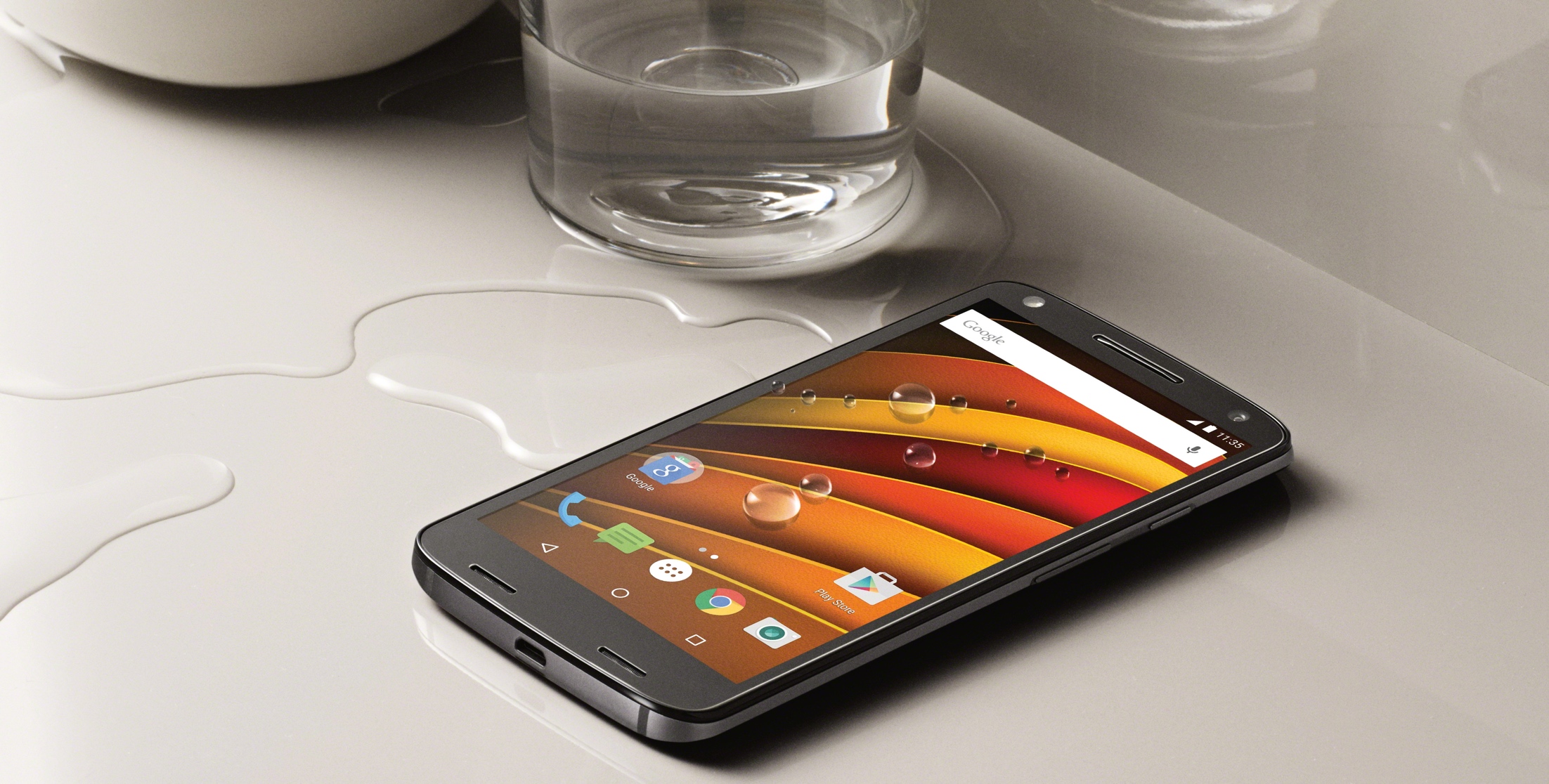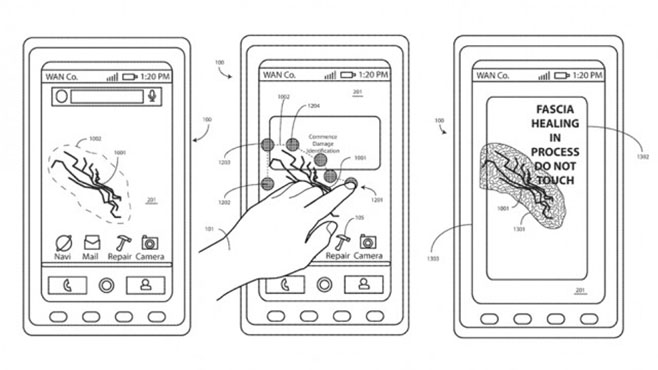Motorola patents a self-healing phone screen
Expensive repairs could be a thing of the past, thanks to Motorola’s “shape memory polymer”

Sign up today and you will receive a free copy of our Future Focus 2025 report - the leading guidance on AI, cybersecurity and other IT challenges as per 700+ senior executives
You are now subscribed
Your newsletter sign-up was successful
It's hard not to wince when you drop your phone on the floor. Tentatively pick it up to inspect the damage and, if you're unlucky, you'll be left with a spiderweb of cracks spread across your touchscreen. Normally that means a trip to the phone repair shop, but Motorola is working on a solution that could let your handset repair itself.
The company behind the classic Moto Razr, as well as more modern handsets like the Moto Z, has patented a way to heal a cracked phone screen by applying heat to the damage. As the patent describes, Motorola's technique uses a "shape memory polymer", which is able to return to a predefined shape when it meets "thermal elements," i.e. it can reassemble itself when heated.
Motorola even goes so far as imagining an app that lets a user mark out the screen damage, before the handset heats that particular section of the screen using its own power. There are also ideas for a special healing dock, and a separate piece of material that can be pressed against the screen like an iron.

The patent was filed in February 2016, and was published last week. Anyone that has suffered a shattered screen is likely to jump at the idea of a self-healing phone, although it's important to note that the patent doesn't mean Motorola, or its parent company Lenovo, are planning to use the technology in handsets any time soon.
The special polymer is only intended to work against smaller scratches and cracks, so don't expect the phone to start regenerating new parts if you've chipped out a section of the screen. It's also not clear how a polymer-coated screen would actually feel to use, and whether heat-sensitive material is really a great idea for a phone that will find itself in your pockets. Nobody wants their handset to turn into a cheese toastie.
Main image credit: Motorola
Sign up today and you will receive a free copy of our Future Focus 2025 report - the leading guidance on AI, cybersecurity and other IT challenges as per 700+ senior executives
-
 Will a generative engine optimization manager be your next big hire?
Will a generative engine optimization manager be your next big hire?In-depth Generative AI is transforming online search and companies are recruiting to improve how they appear in chatbot answers
-
 European Commission clears Google’s Wiz acquisition, citing 'credible competition' from Amazon and Microsoft
European Commission clears Google’s Wiz acquisition, citing 'credible competition' from Amazon and MicrosoftNews Regulators said there are “several credible competitors” to Google regardless of the acquisition